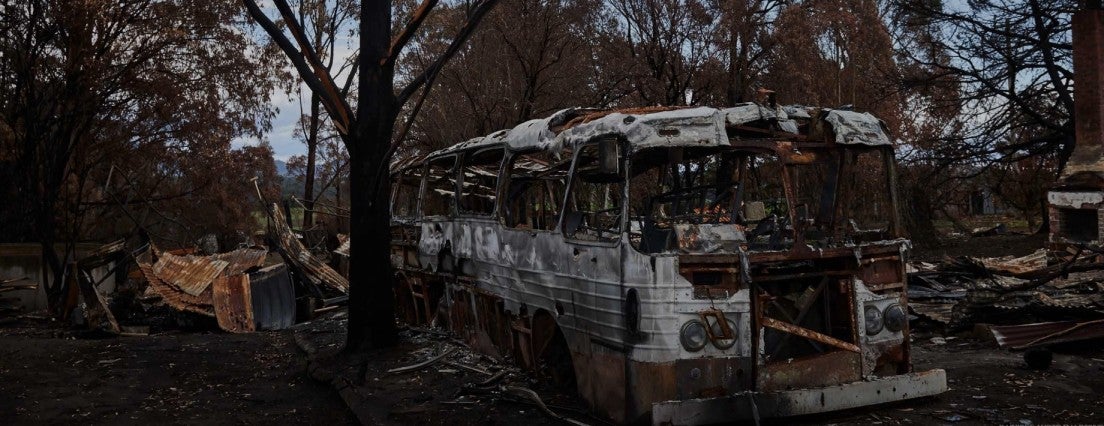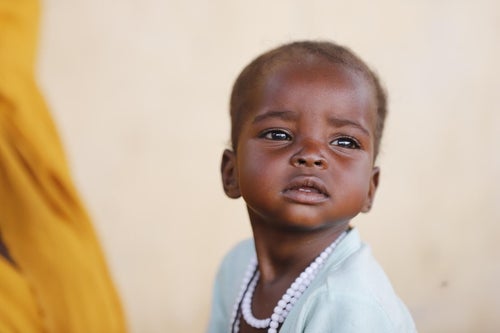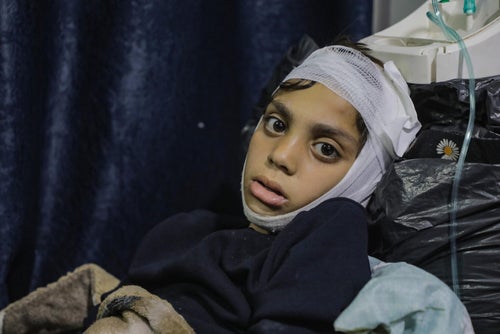Like all Australians I was horrified by the bushfire crisis over our summer. Almost everyone you speak to knows someone who was affected.
I was in Coffs Harbour in late November 2019, with fires burning just 30 kilometres away in Nana Glen. Now, through my work with UNICEF, I’m helping coordinate programs to support children and families in affected areas.
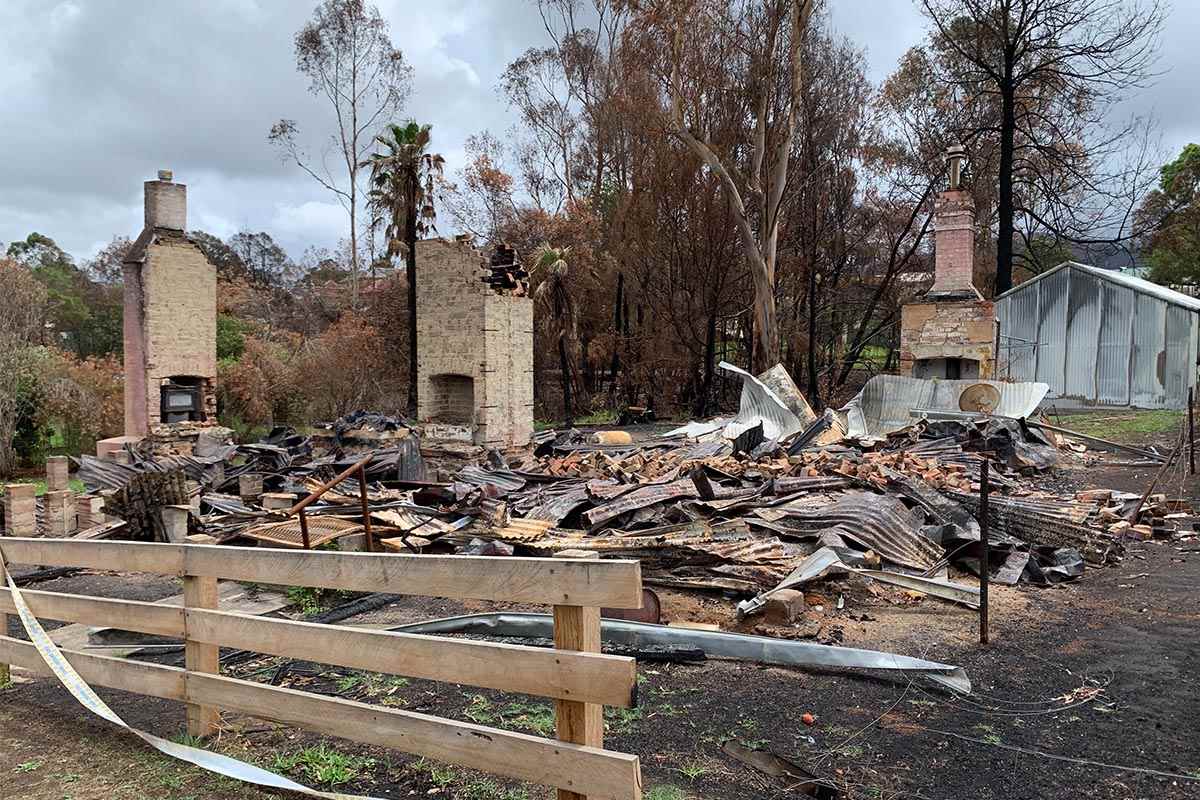
I’ve just returned from visiting bushfire affected communities in NSW, travelling to Casino and Grafton in the north, and the South Coast towns of Batemans Bay, Eden, and Bermagui, among others.
As you drive down the highway through these towns you see burnt out landscapes, burnt buildings, burnt houses. After what they’ve been through, people are exhausted, with some living in caravans or tents if their house was destroyed or damaged.
But, visiting these areas, you do get a strong sense of how close knit the communities are and how they’re really pulling together to help each other out.
"...people are exhausted."
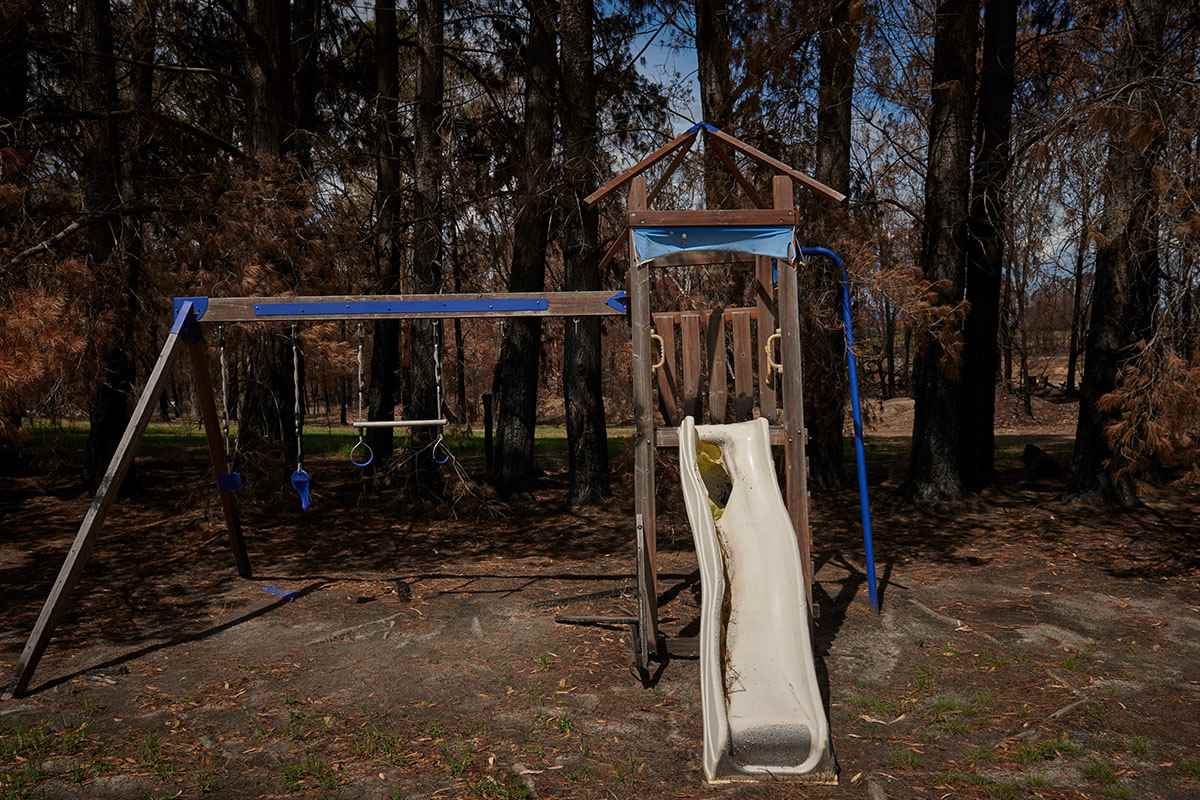
Right now, people are still very much in the immediate relief phase, but they are starting to move towards recovery. As families are able to rebuild and recover, UNICEF Australia is working with local partners to support them.
Over the past few weeks, we supported the distribution of essential school items to children affected by the fires, by providing electronic learning devices for those who lost everything.
Returning to the classroom is incredibly important for children who have been through a crisis like this, and it’s something UNICEF focuses on in emergency response programs all around the world.
School provides children with a sense of routine and normalcy, and it can also be a safe place to go and something positive to focus on.
"School provides children with a sense of routine."
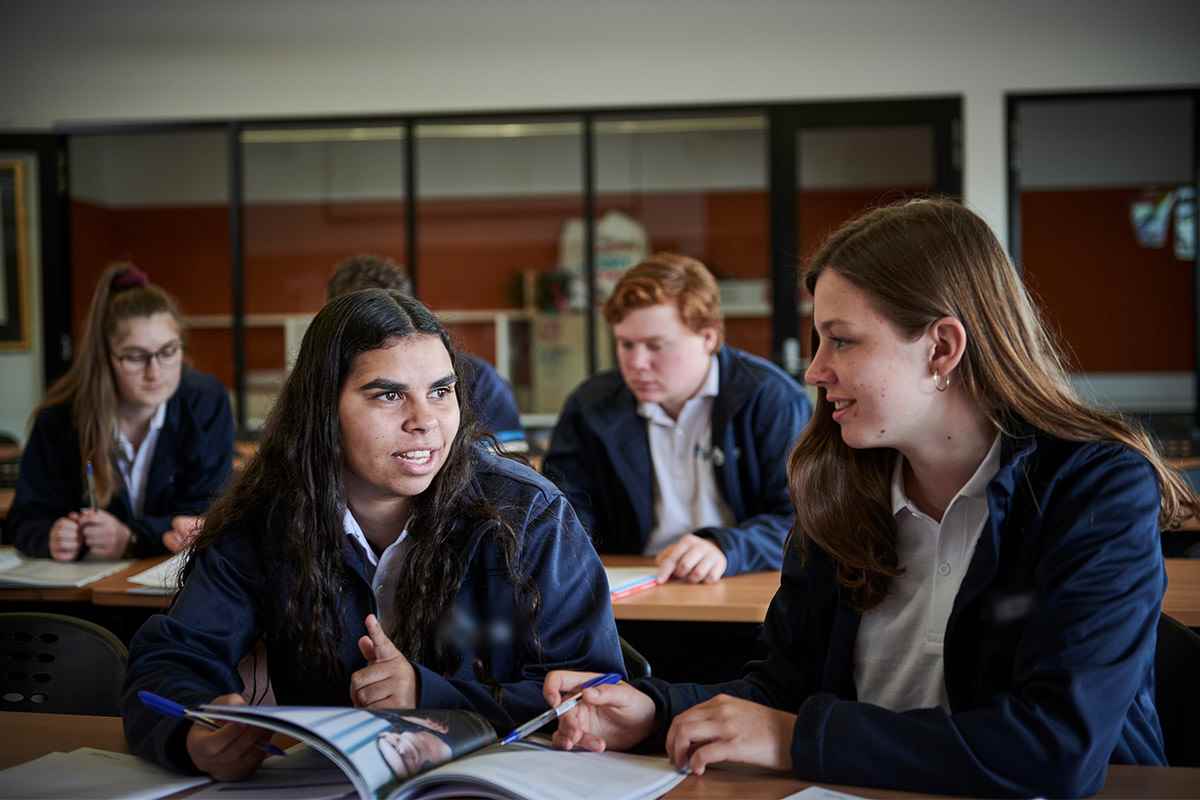
We’re also working to ensure children and their families will have access to appropriate psychosocial and mental health support in the coming months.
I am already hearing from parents and teachers who are seeing young children nervous to go outside, with some having trouble sleeping and experiencing nightmares.
Many of the affected communities live in remote areas, with limited access to specialist mental health services in their town, particularly for children.
As the initial emergency response stage passes, we’re working with partners to map the available services in these towns, and ensure any gaps are filled in the smaller towns.
For example, in Eden, there are already women’s groups running. So UNICEF and our local partner, Royal Far West, will engage with that existing group to run specific sessions focused on children and how to support children as they recover.
"..young children nervous to go outside, with some having trouble sleeping and experiencing nightmares."
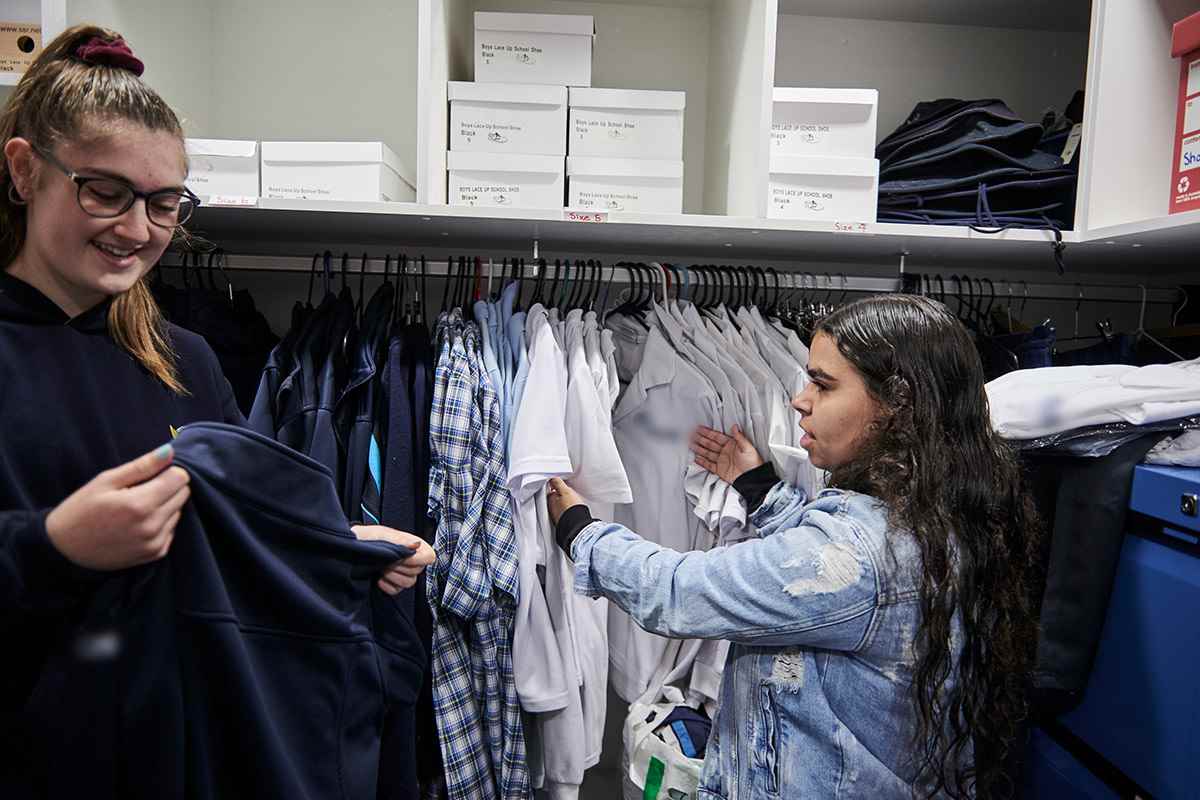
We’ll be making sure these communities have long-term access to support as they recover. Research following similar natural disasters, including the Black Saturday bushfires, found that for children, as well as for adults, stresses can often build up over time, and many issues might not present immediately, but happen months later.
For example, if people have lost their income, they might have resources to be able to cover themselves for a few months, or even 12 months. But as their resources start to run out, stressors in the family unit start to become apparent. Then kids become worried about their parents, friends and community, which impacts their mental health.
Often, it’s after a few months that school teachers might start to see a child’s behaviour change, for example, a kid who is normally well behaved might start acting up.
"...kids are worried about their parents, friends and community, which impacts their mental health."
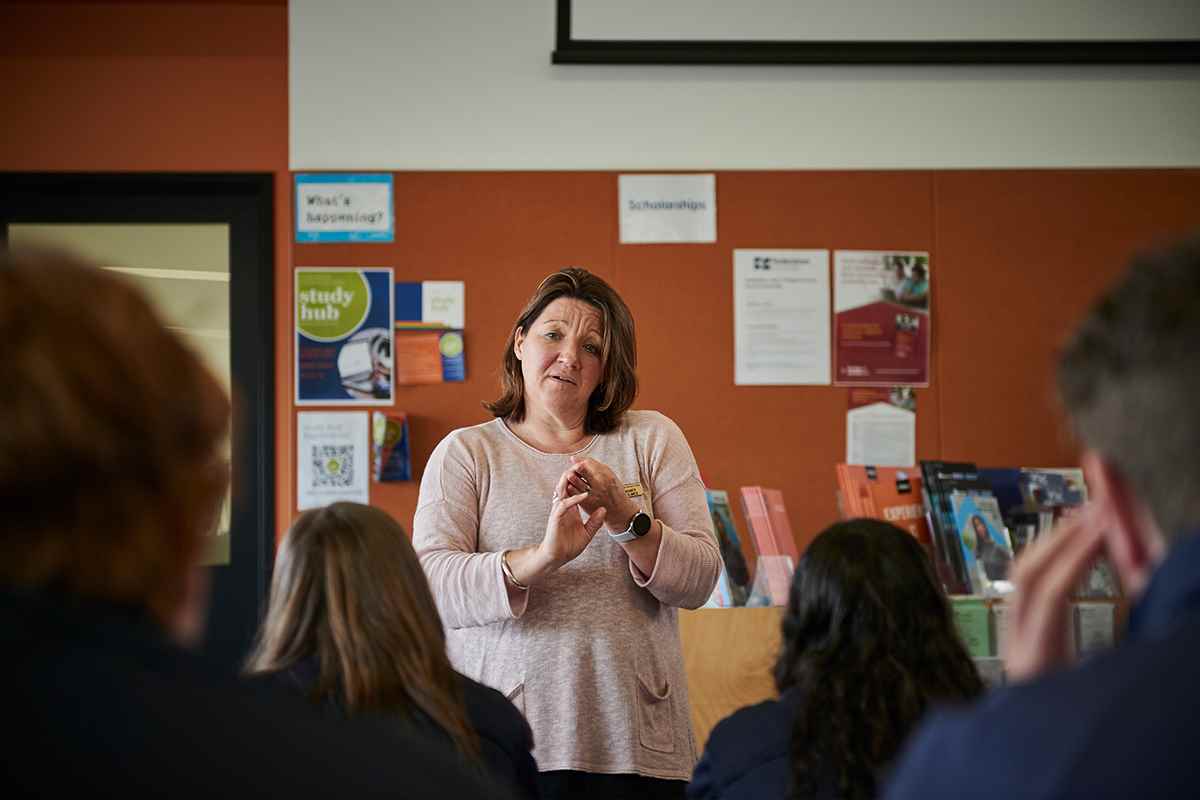
It’s thanks to our generous donors that UNICEF Australia will be able to support these critical recovery programs, helping to ensure children and their care givers have access to the psychosocial support they need.
Like all Australians, I was blown away by the generosity of our country, from the first responders on the frontlines, to communities pulling together and opening their doors to those in need, to people who gave what they could to help others.
Thank you to those who supported this and other bushfire appeals, providing critical support for those in affected areas.
Related articles
Stay up-to-date on UNICEF's work in Australia and around the world



